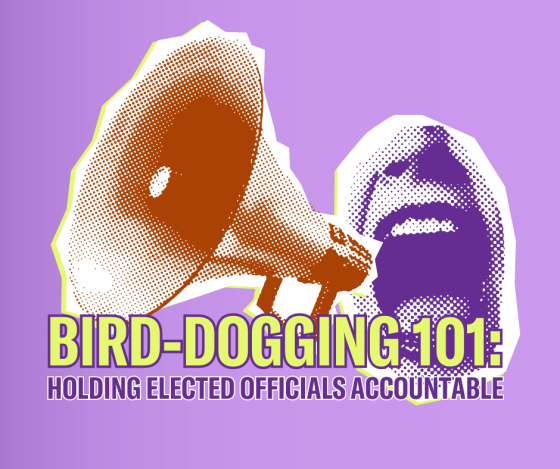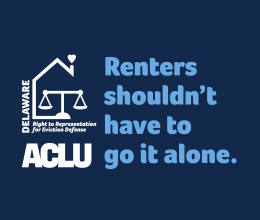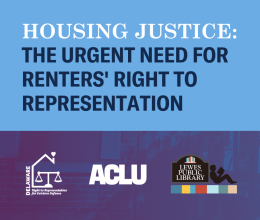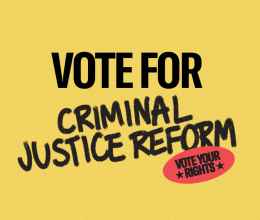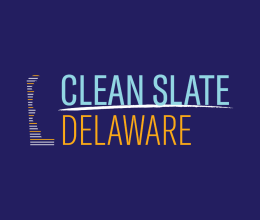Update: June 14
Today, the Delaware General Assembly passed historic legislation ensuring low-income renters a right to representation in eviction actions, making Delaware only the fourth state in the nation to provide this important right to renters in both public and private housing.
SS 1 for SB 1 now heads to the Governor’s desk for signature. Following a signature, this legislation will be phased in over a three year period.
Update: March 23
On March 23, Senate Substitute 1 for Senate Bill 1 (SS 1 to SB 1) was introduced. Visit https://legis.delaware.gov/BillDetail?LegislationId=129961 to learn more about SS 1 for SB 1.
In Delaware, 86% of landlords have representation from an attorney or agent in evictions court, but only 2% of renters do. Renters facing eviction are left to navigate this legal hurdle by themselves, without representation or legal assistance in a system that’s designed to protect landlords, not the renters who rely on them for a safe, secure place to live.
Delaware has an opportunity to level the playing field by securing the right to representation for eviction defense statewide. Senate Bill 1 creates a right to representation for low-income renters facing eviction, and establishes protections that will help keep renters in their homes.
SB 1 does the following:
● Creates a right to representation for low-income renters facing eviction whose household income is lower than 200% of federal poverty guidelines.
● Requires landlords to provide notice of the right to representation at certain designated intervals of a tenancy and in eviction proceedings.
● Exempts small landlords who own three or fewer units and are not represented by a lawyer or agent.
● Creates an Eviction Diversion Program designed to help resolve payment or other issues after a landlord files for eviction, which will be run by the Justice of the Peace (“JP”) Court.
● Enables the Attorney General to contract with appropriate legal service organizations to provide representation in proceedings covered by the bill.
● Places coordination of the program with Delaware Volunteer Legal Services, which will manage the contracts.
This bill was originally introduced as SB 101 during the 2021 legislative session, and was defeated in 2022. Since the last legislative session, the following changes have been made in response to feedback from stakeholders, such as landlord groups:
- Exempting small landlords from the program’s requirements if they own three or fewer units and are not using a lawyer or agent.
- Eliminating the requirement to have a minimum amount of arrears to file for eviction.
- Eliminating a renter’s ability to stop eviction by paying back rent (landlord can proceed with action after accepting full payment if landlord reserves rights). Note: The Senate had changed this to any time before posting of notice on premises rather than after. A House amendment eliminated it altogether.
- Eliminating pre-filing eviction diversion (similar to mediation) and changing it to post-filing eviction diversion. Note: The Senate had reduced time for renters to engage in eviction diversion programs from 45 to 30 days. A House amendment reduced it further to 15 days.
- Eliminating the obligation for the Court to consider postponement if the renter is unrepresented.
- Requiring renters owing rent to be referred to DE Housing Assistance Program and requiring representation to include helping renters apply for rental assistance (funds go directly to landlords).
- Allowing renter representation by non-attorneys under DE Supreme Court Rule 57.
- Eliminating the right to representation for appeals deemed to lack merit.
- Eliminating the right to representation for reduction in housing subsidy.
- Eliminating the need for landlords to participate in eviction diversion programs when the renter has caused or threatened substantial or irreparable harm to the landlord's or other renter’s person or property.
- Extending the deadline to start the eviction diversion program from 180 to 270 days after the effective date.

